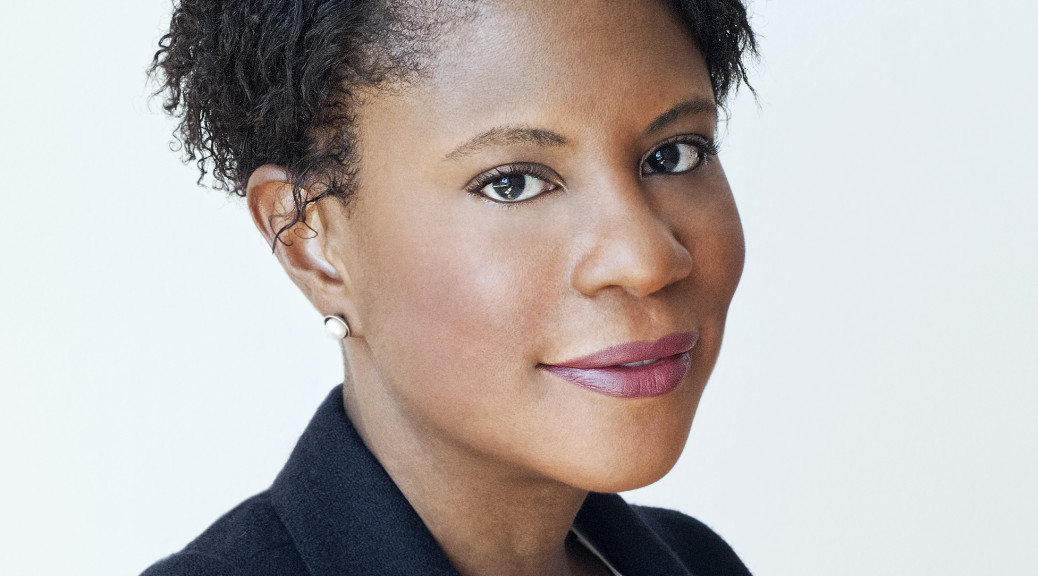ALONDRA NELSON
Dean of Social Science, Professor of Sociology and Gender Studies
IRWGS Directors, 2013-14
We really wanted to both create a space for students so we, when I was director, allowed students to use the space for student groups, for meetings, anything that they wanted to do. We also started this, as part of the Queer Futures series, a series of explicit talks around lesbian and gay issues but issues around transgender in particular. There was just so much I wanted to do and to accomplish. When I met with David [Madigan] in December, when he offered the job to me—so it’s the second conversation. I first said to him, “Is it a fulltime job? Can I do that and still direct the institute?” He like jumped back and said, “I don’t think so. I don’t think anybody’s ever asked. Let me think about it. I’d have to ask,” but that was my first impulse was to really want to continue that work, because I loved doing that work. I felt like we were doing—it just felt special and we were getting better at outreach. We were really expanding the Twitter feed and the Facebook feed and bringing students into the space and having more students at events. When I first came to the institute, we sometimes had big, well-attended events, but that was not the norm. We would have events where you just had a couple of people and some crickets. I always thought that that was such a shame. Part of it was, one of the first things I did was to really schedule out for almost a whole year, such that when Patricia [Dailey] became director this year—actually the event that was last week with Jeffrey McCune, I planned that event. I just was planning out so you could give people enough notice.
It was often the case that we were planning things a month ahead, two weeks ahead, and people just have other commitments and can’t make it. One of the things I wanted to do in part to increase the size of the community and grow the conversations, was to just to be able to give people more notice and be better about advertising and these sorts of things. Certainly one of my major reservations, if there were two or three, was no longer being central in the leadership of the institute, not only as director, but even DUS/DGS [director of undergraduate studies/director of graduate studies], nothing. After it became clear to me that no, I could not both be Dean of Social Science and director of the Institute for Research on Women, Gender and Sexuality, but moreover, I could probably not be Dean of Social Science and teach. That was a lot. I’m giving up a lot of what’s important and what feeds me, to hopefully do this other kind of work. Lots of reservations.
David, to his credit, took a lot of meetings with me and Sharon Marcus, who was the DGS at the institute for a time. After a few meetings we each had with David, we pretty much decided to negotiate the terms of our contracts together. I love this because it is such a feminist action, practice, instinct. Who would think to do that? It’s like, “Let’s negotiate our contracts together.” We had a little labor union of two. To be able to think that through with someone who also had never thought about this, it felt like a safety blanket that we could say, “Well, what about this?” and we would go back and forth thinking about that. That actually really helped with the decision, both because Sharon and I would be doing it together, starting together, but also because we had a lot of rich conversations in which we talked through what we thought we needed or might need or, “Had you thought about this?” “No, I’d never thought about that.” “You were thinking about that? Oh my goodness.”
That was one of the things that allowed me to feel comfortable in taking the position.

